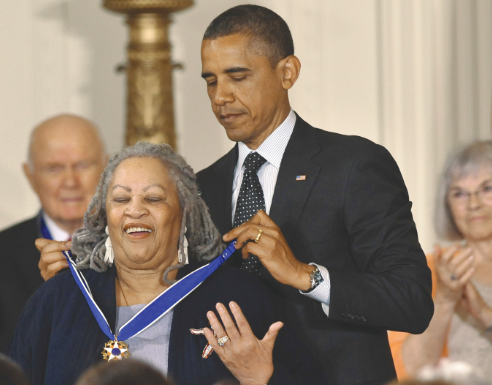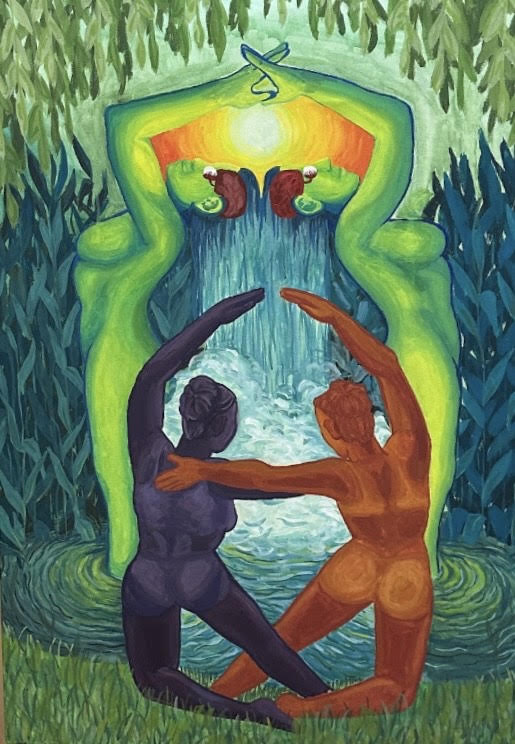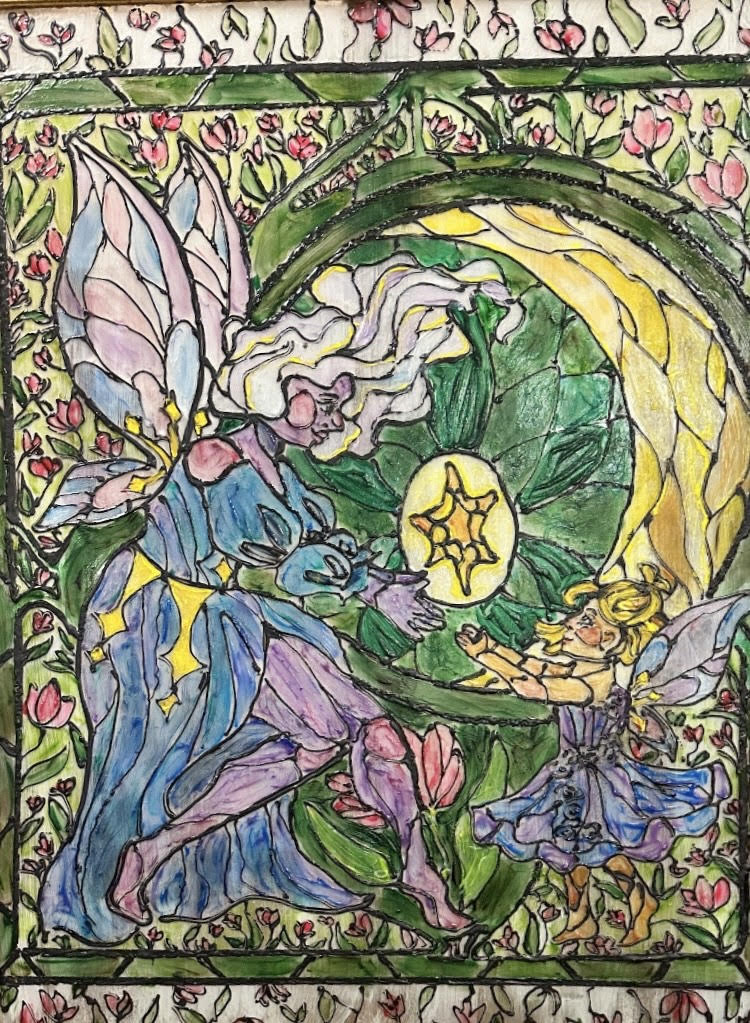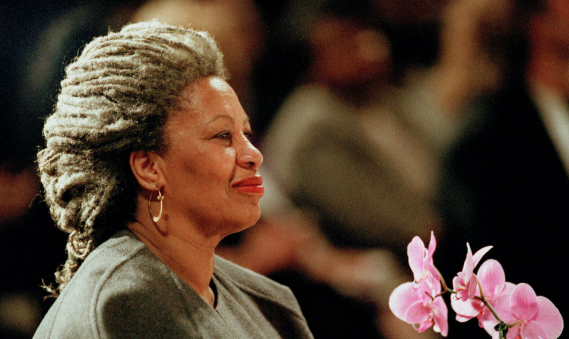While the end of February and the beginning of March welcome Leprechauns, Shamrock shakes, and first glimpses of spring, it is important to remember the historical significance. March marks the end of Black History Month and the beginning of Women’s History Month.
Enduring thousands of years under sexism and patriarchy, it is important to remember and celebrate the accomplishments of women throughout history. Today, we will be paying homage to Toni Morrison, a celebrated and accomplished author.
In fact, AP Literature students may know her for writing “Beloved”, a gripping novel that addresses topics of familial love, trauma, and the black experience in America through the ghostly haunting of House 124 and the family residing there.
Toni Morrison was born on Feb. 18th, 1931 in Lorain, Ohio. Growing up in the early to mid-1900s, her experiences with racism likely inspired her to write about the black experience, which is a core element in her novels. Growing up, Morrison heard stories of black men getting lynched on her father’s street and endured a tragic fire set to her family’s house when her parents could not pay rent. However, her family instilled a sense of African American culture within her through vivid storytelling and traditional singing.
Later, Morrison went on to receive a bachelor’s degree in English from Howard University and a master’s degree in American literature from Cornell University. After graduation, Morrison held teaching positions at several universities and eventually started working as an editor, helping to make black writing mainstream.
At 39-years-old, Morrison published her debut novel called “The Bluest Eye”. She went on to write “Sula”, which was nominated for the National Book Award, and later “Song of Soloman”, which won the National Book Critics Circle Award and turned her into a household name. She continued to write 11 novels, one of which was “Beloved”, which is currently being read by AP Literature students. This novel won awards such as the Pulitzer Prize for fiction.
Morrison herself was honored with countless awards, such as being the first African American woman to win a Nobel prize in literature, a Presidential Medal of Freedom, and the National Book Foundation’s Medal of Distinguished Contribution to American Letters, among others.

Through her interviews and her written works, Toni Morrison’s soft yet unyielding voice does not hesitate to point out racism in society and examine its lasting effects. Within her writing specifically, Morrison’s silky and poetic language coupled with the harsh, striking realities in her novels have left a legacy that requires thoughtful reflection on the past, present, and future of America.
So while March might symbolize the season for four-leaf clovers and newly budding trees, it is now the time to celebrate women and perhaps a Morrison-themed March as well.






































